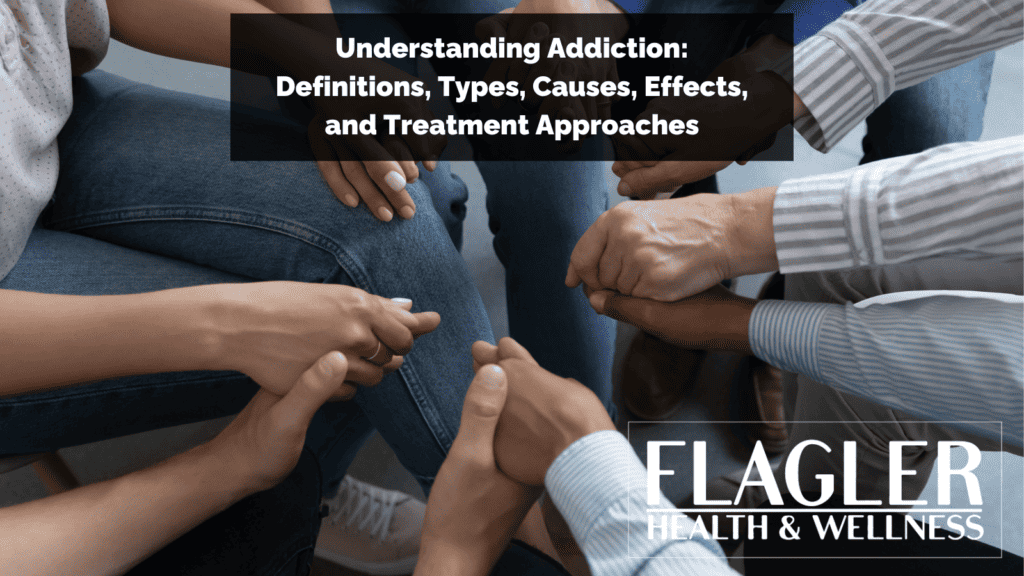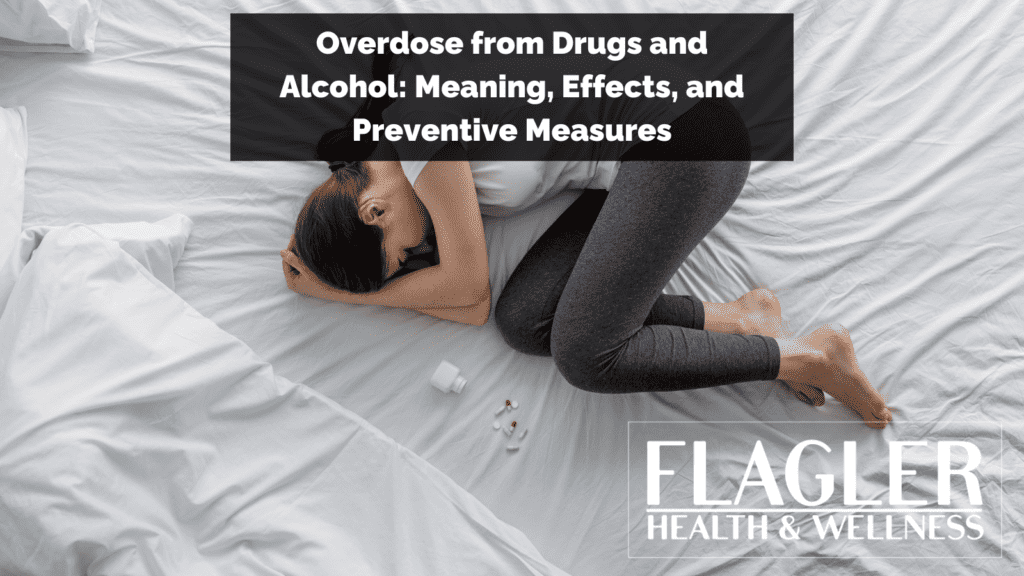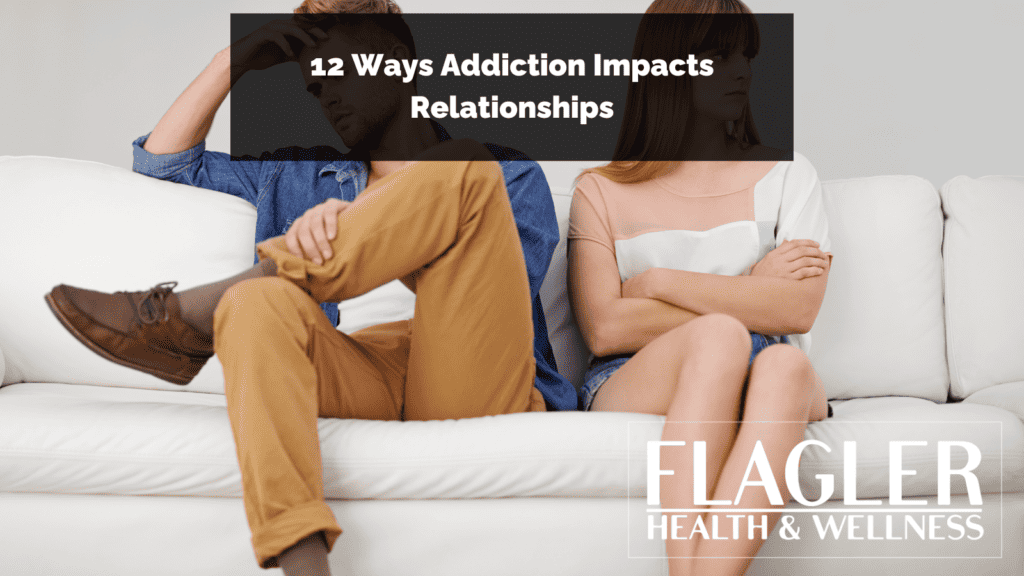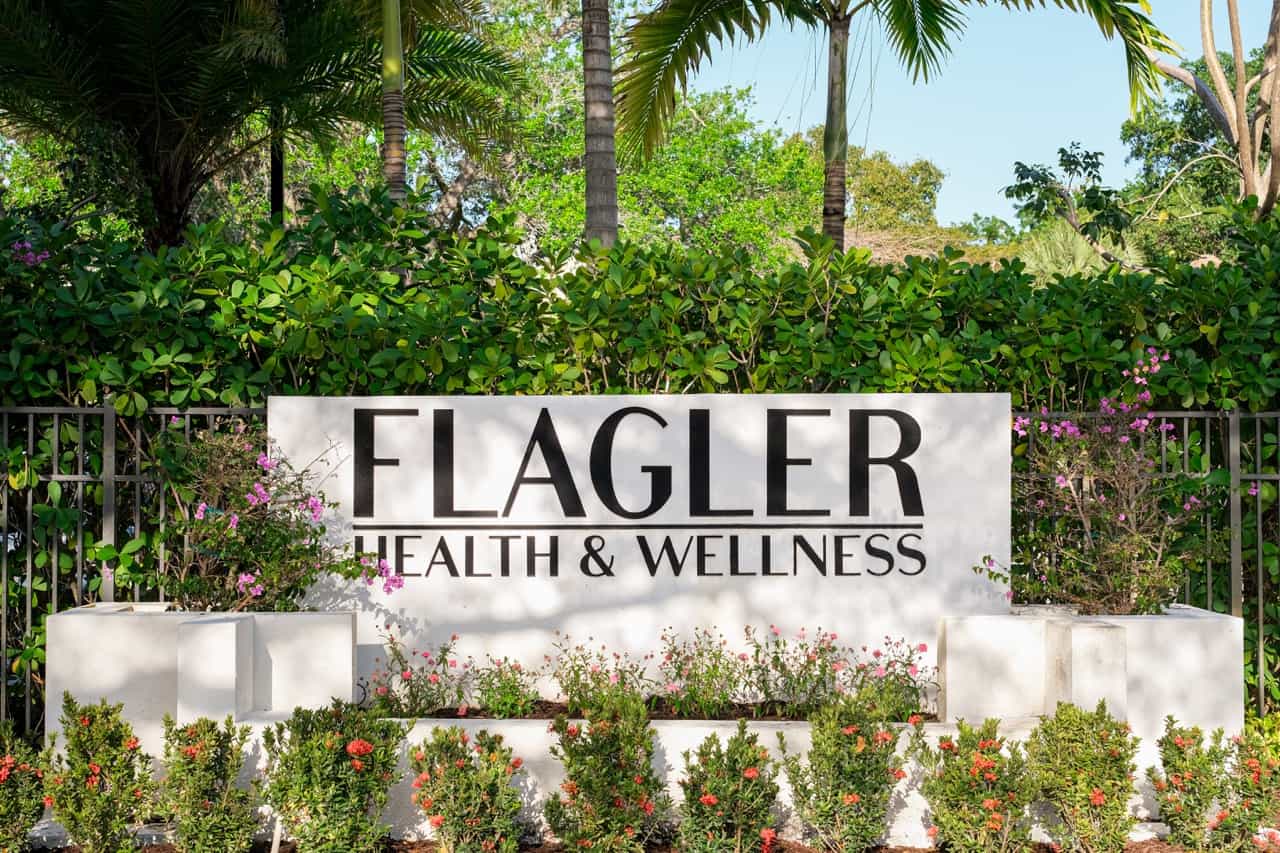Addiction is rarely ever just about the person who is struggling with a substance use disorder. They are often expressing the issues that already exist within the family unit that have not been addressed. So while addiction affects the entire family, often putting emotional and financial strain on family members,
it’s important to recognize that everyone in the family can benefit from understanding how they affect one another. The nature of addiction erodes trust and often stirs up feelings of confusion and despair for everyone involved. It’s important to recognize and address the ripple effects that addiction has on the entire family so that healing can take place.
How Family Therapy Heals Relationships
The core goal of family therapy is to understand how a person’s struggles have evolved within the context of their family dynamics in order to resolve them. Families are a complex web of histories, relationships, and beliefs that significantly influence the behaviors and choices of their members. Through therapy, families can learn to communicate more effectively, take responsibility for themselves, resolve conflicts, and understand the root causes of addiction.
The Importance Of Family in Recovery
Having a strong support system in place makes all the difference when it comes to long term recovery. The most natural support system is our friends and family – biological or chosen. With the support and love of family, it is much easier for individuals to walk the path of healing. The relief and sense of safety that comes from being encouraged and understood by our families cannot be stated enough.
The road to recovery is challenging, and a strong support system makes all the difference when people encounter challenges or setbacks. It’s also helpful to have friends and family there to celebrate your wins and progress. When families make the effort to actively participate in the recovery process, they help their loved ones in treatment feel less alone, which is in and of itself very healing.
How Addiction Affects The Family Unit
Addiction often causes a great deal of emotional turmoil and chaos. The fear of losing a loved one to a substance use disorder can cause panic and push away the family member who is struggling with substance abuse, leading to anger and a lack of trust on both sides. Addiction can disrupt daily routines and responsibilities, leading to stress and instability for everyone involved. It’s important to understand that addiction is not an isolated event. Although the person struggling with substance use is suffering, their entire family often bears the weight of their suffering as well.
Benefits of Family Therapy
Incorporating family therapy into addiction recovery provides a multifaceted approach to healing. Firstly, it equips families with the tools and strategies to rebuild damaged relationships and reestablish trust. Through guided conversations and therapeutic exercises, family members gain a deeper understanding of addiction, reducing stigmas and misconceptions.
Additionally, the therapy sessions create a safe space for everyone to express their feelings, fears, and frustrations, fostering empathy and mutual understanding. In the long run, family therapy not only aids the recovery process but also strengthens the bonds within the family, ensuring that they are better equipped to face future challenges together.
FAQs
How can I support a loved one in recovery?
Attending family therapy is an important form of support for a loved one in recovery, because it demonstrates your support for the process and willingness to listen.
What is the goal of family therapy?
The primary goal of family therapy is to mend broken relationships and improve communication. It also helps give families the tools they need to heal as a collective.
What is the difference between support and enabling?
Support involves assisting a loved one in their recovery journey by providing understanding and encouragement. Enabling means assisting or allowing behaviors that make it easier for the addiction to continue.
Share This Post







